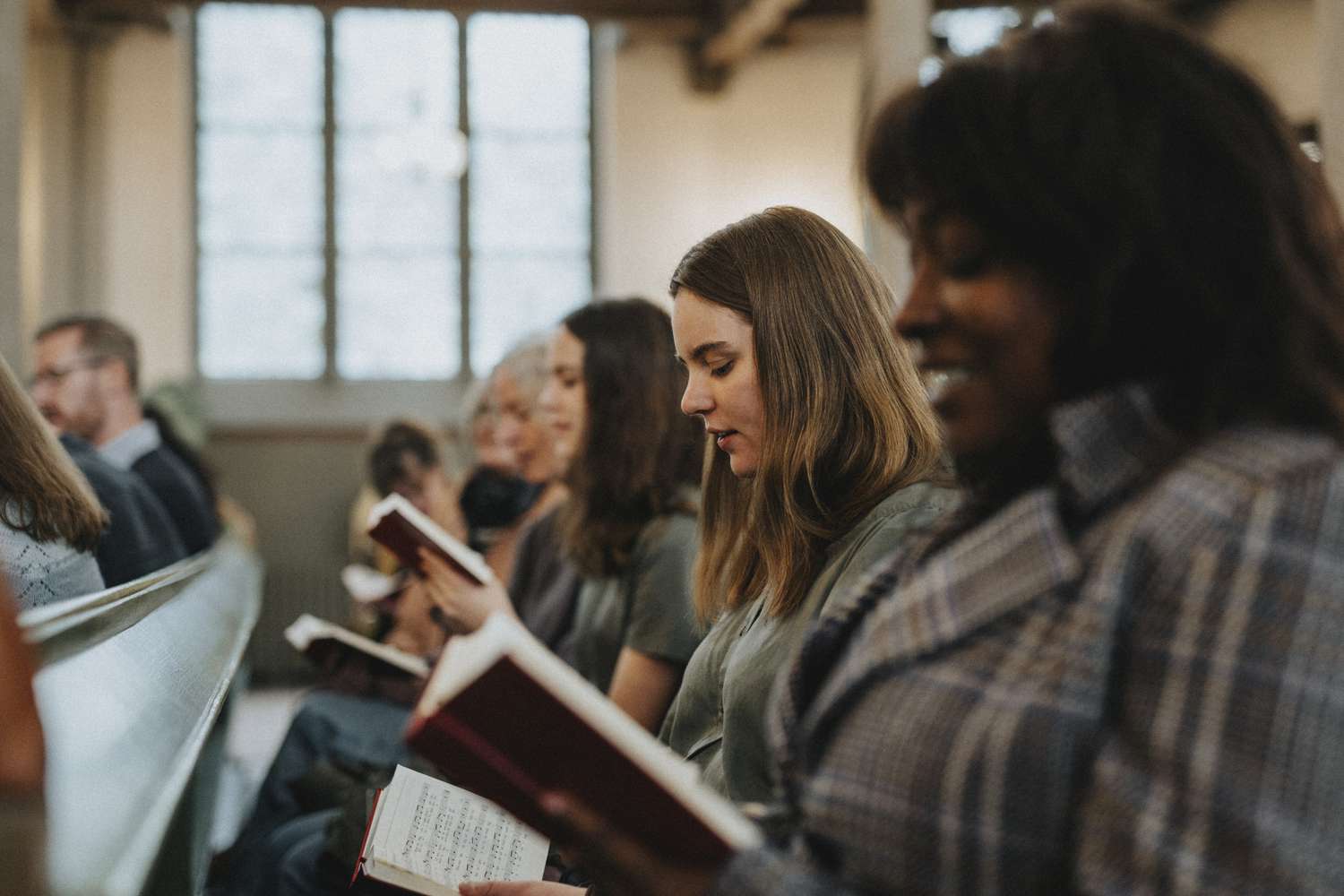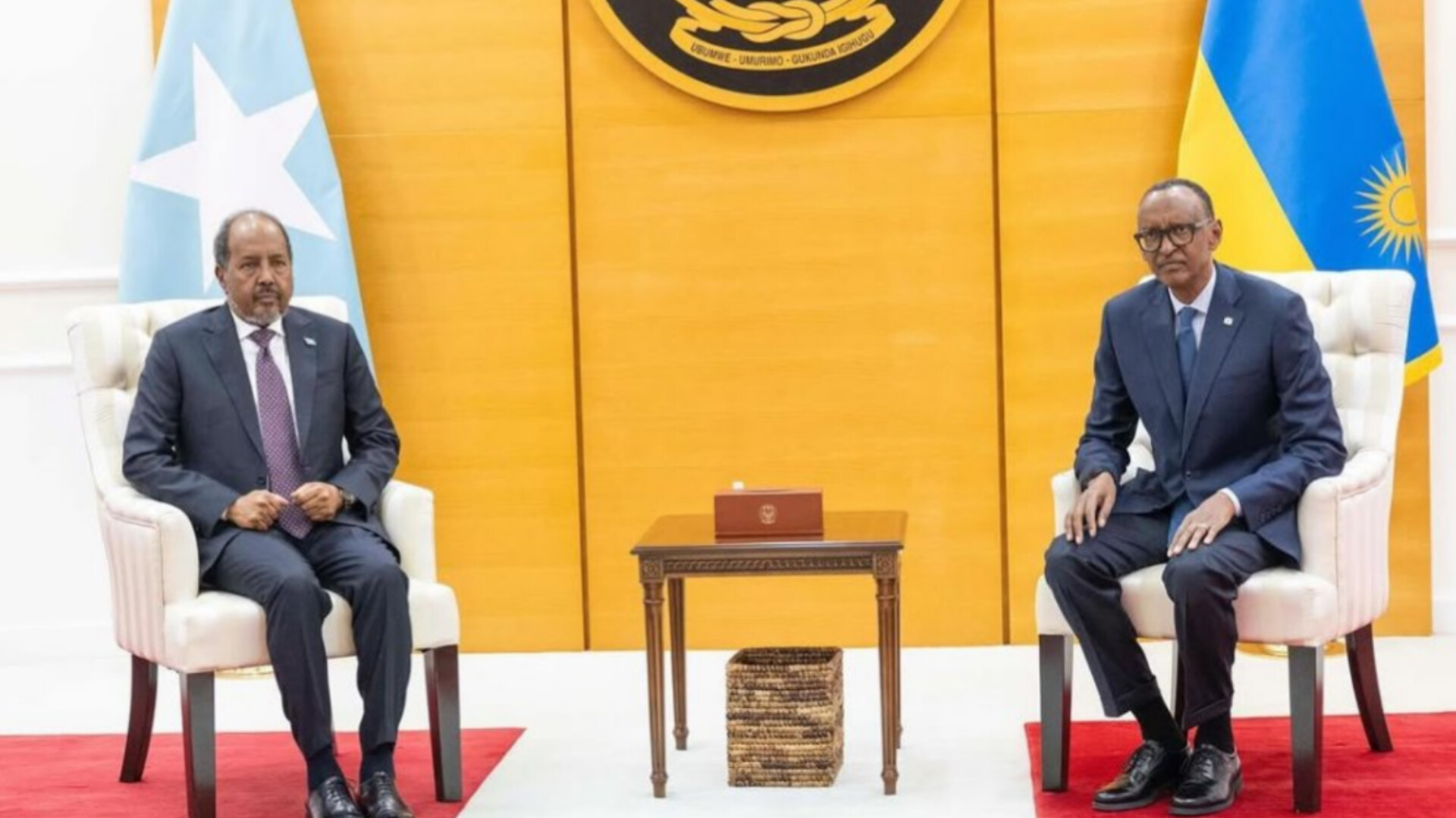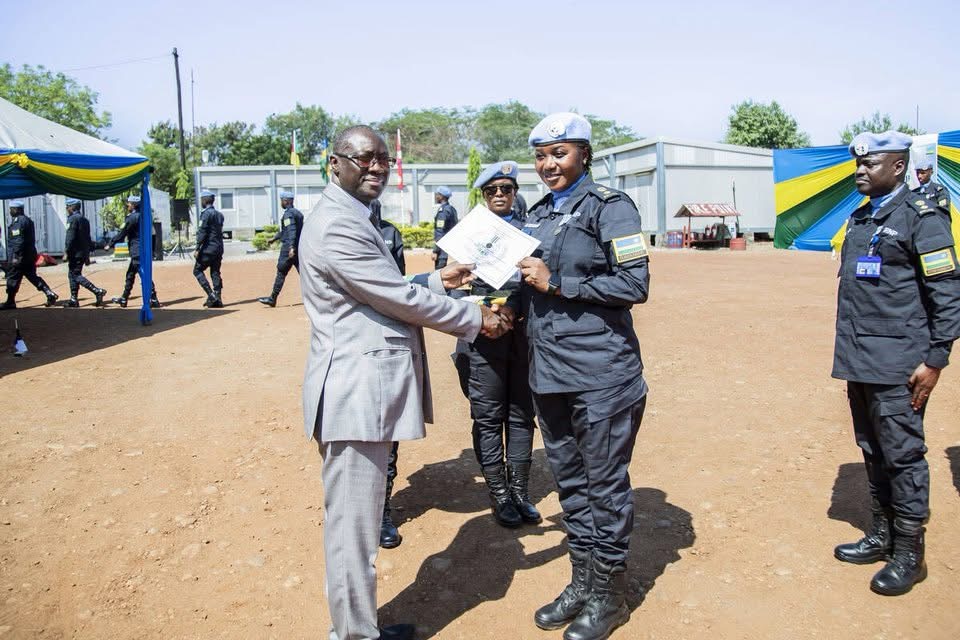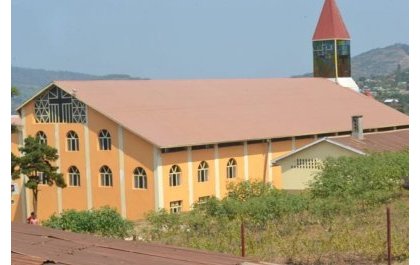Religion has always had a strong influence on society. After football and other forms of entertainment, it is probably the second biggest force that brings people together. In many countries, almost the entire population belongs to one religion or another. Catholicism, Adventism, and Islam are among the largest. For most people, religion is about connecting with God, but in reality it also serves another purpose. Religion is not only spiritual; it has become a powerful political tool. Governments in both developed and developing countries often rely on religion to guide people, to win support, and to strengthen their authority.
One reason for this is that the words spoken in religious spaces are treated with a level of respect and seriousness that political leaders rarely enjoy. A politician can speak and be doubted, but when a priest, pastor, or sheikh says the same thing, many people take it as unquestionable truth. Believers trust their religious leaders far more than they trust political figures, and that trust gives religion enormous influence in politics.
A clear example of this was during the Covid-19 pandemic. Governments across the world encouraged citizens to take vaccines, but what really convinced many people was hearing the same message in churches and mosques. If pastors or priests had preached against vaccination, the majority of people would have rejected it, and governments would have faced a huge crisis. Instead, because many religious leaders openly supported vaccination, people accepted it more easily, and the government’s job became much simpler.
Religion, however, does not always work in the government’s favor. During the pandemic, some groups refused the vaccine on religious grounds, and as a result they lost access to many public services. Beyond that, there are faiths that discourage their members from continuing education beyond secondary school, or that forbid joining the military. In such cases, religious teachings can directly conflict with government policies, making the relationship between religion and politics complicated.
This relationship is not new. History is full of examples where religion and politics were tightly linked. In medieval Europe, kings claimed their power came directly from God, while the Catholic Church shaped laws and decisions. In the Islamic world, caliphates combined faith and governance for centuries. In Africa, missionaries not only spread religion but also influenced education and political systems during colonial rule. Even today, the connection remains. In the United States, Evangelical churches often shape election outcomes. In the Middle East, religion is deeply tied to politics. In Rwanda and other African countries, religious leaders continue to play an important role in peace and reconciliation.
Religion’s role in politics has not been entirely negative. It has often brought positive change. Religious organizations have built schools, hospitals, and charities that serve millions of people. Many religious leaders have stood up for justice, peace, and equality. The fight against apartheid in South Africa, for instance, had strong support from churches. Values such as honesty, unity, and compassion, promoted by religion, have helped nations build stability and encouraged citizens to live with dignity and responsibility.
At the same time, the negative side of mixing religion and politics cannot be ignored. Religion has sometimes been used to divide societies, to discriminate against minorities, or even to justify violence. When governments misuse religion for their own gain, it can lead to blind obedience, where people stop questioning what they are told. This weakens democracy and limits freedom of thought.
Looking ahead, religion will continue to influence politics, though the relationship is slowly changing. Secularism is growing in many countries, separating faith from government. Globalization and technology are also reshaping how people practice religion. Social media, in particular, has given citizens a louder voice to question both political and religious leaders. While blind obedience is becoming less common, religion still remains one of the most powerful forces in shaping political life.
In the end, religion is both a spiritual guide and a political tool. It has the ability to bring people together and to help governments spread important messages. But it can also be misused, creating conflict and manipulation. What history shows us is that religion and politics will always be connected. The real challenge is making sure that this connection is used for peace, justice, and the development of society, rather than for division or control.




Post Comment